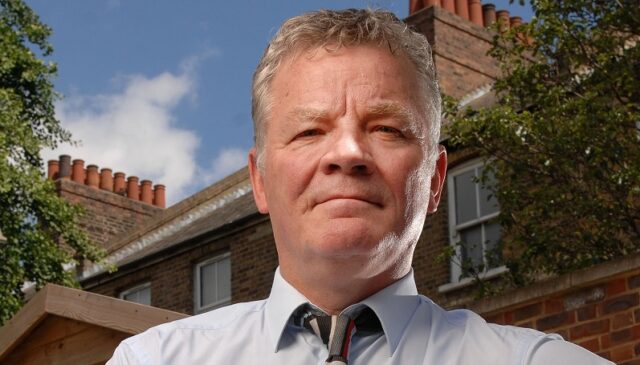The Department for Education’s top civil servant has refused to confirm when the government’s long-delayed SEND review will be published, even declining to say if it will be out by the end of the financial year during a grilling by MPs.
Permanent secretary Susan Acland-Hood was questioned by the commons public accounts committee this morning but would not give a new deadline for the report originally promised in September 2019. This is despite Acland-Hood having told the same committee in March that the review was due out “towards the end of June”.
Schools Week revealed last month how the government had failed to meet its third deadline to publish the review, leaving the sector “in limbo”.
Asked for a new timescale today, Acland-Hood said the DfE was “going to take the time that we need”.
But chair Meg Hillier pressed her for a “window of time” for the review to be published, asking if it would be out in the “autumn, end of this calendar year, end of this financial year?”.
Acland-Hood responded: “We’re going to do it as soon as we can.
“We’re determined to get this right and the worst thing we could possibly do is bring forward something that wasn’t fully tested and explored against the way the situation has changed.”
Quizzed on why the review had missed its third deadline, Acland-Hood said because of the impact of Covid-19 the report “wasn’t going to be as effective as we wanted ”as early stages of the review had been conducted prior to the impact of the pandemic becoming clear”.
Asked why she previously claimed it would be ready by the end of June, Acland-Hood said: “When I came before you we were making good progress in developing proposals. As we started to test and iterate those more widely as we got closer to the moment of bringing that out, it became clearer that we needed to do some more work. And so we’re doing more work.”
But she denied the review had “dropped down” the department’s list of priorities.
“What happened was that it became clearer how much the context had changed since the work began, as started to talk more broadly to people about it.
 Government ‘could have done better’ when working with catch-up tsar
Government ‘could have done better’ when working with catch-up tsar
In June, education recovery commissioner Sir Kevan Collins resigned from his position after the Treasury’s committed just £1.4 billion to fund his catch-up plan – far below the £15 billion he requested.
Acland-Hood was questioned about what the DfE could have done better in the situation.
“The challenge was that he was invited by the prime minister and my secretary of state to come up with radical proposals and that is what he was asked to do”, she said.
“I think that there was a collective piece of work that we could have done better across the whole of Whitehall, to make sure that there was, at an earlier stage, a better shared set of expectations between the parts of Whitehall, about what he was being asked to do.”
She admitted the funding amount requested had been “manifest relatively early in the process”.
“I think the key thing that I would do differently is to ask for an earlier joint set of expectations that were widely shared across the whole system about what was being asked for from the tsar.”
DfE didn’t collect ‘comprehensive’ data on schools’ Covid costs
Last year the DfE announced an exceptional costs reimbursement scheme which allows schools to claim back cash associated with keeping schools open and safe during the pandemic.
A Schools Week investigation revealed schools have received £138 million from the fund but claims totalling £42 million have been rejected due to its strict criteria.
When asked whether the DfE had collected additional data from schools or a “systematic estimate” of the additional costs, Acland-Hood admitted it had not.
She said the government had talked to schools about where they were finding the “most exceptional and lumpy costs” but it “did not go out and do a detailed and comprehensive additional data collection exercise”.
The permanent secretary said while the DfE recognised the pressure on school budgets, sending providers a detailed spreadsheet of costs to fill in “didn’t feel like a proportional thing to do in the middle of a pandemic”.
Teacher pay rise delay creates ‘headroom’ for schools
Acland-Hood was also questioned about the delay to the policy of raising teacher starting salaries to £30,000 from September 2022. The Treasury confirmed last year the pledge had been pushed back a year by the decision to implement a pay freeze for most public sector workers next year.
The civil servant said she could not provide a date for when the policy would be reinstated until after the upcoming spending review, but said the extra school funding also pledged in the Conservatives’ manifesto “still goes out to schools”.
“The fact that we’ve got teacher pay restraint is actually giving schools a little more headroom for other things.”








Some could argue that the department is being poorly managed
Given the DfE’s current performance one has to draw the conclusion that it’s not fit for purpose
What a shambles. Wonder how the department would perform in an ofsted inspection? There are certainly things here that schools would never get away with.
Pupil premium money? Oh, we estimated but can’t actually tell you what we did with it!!